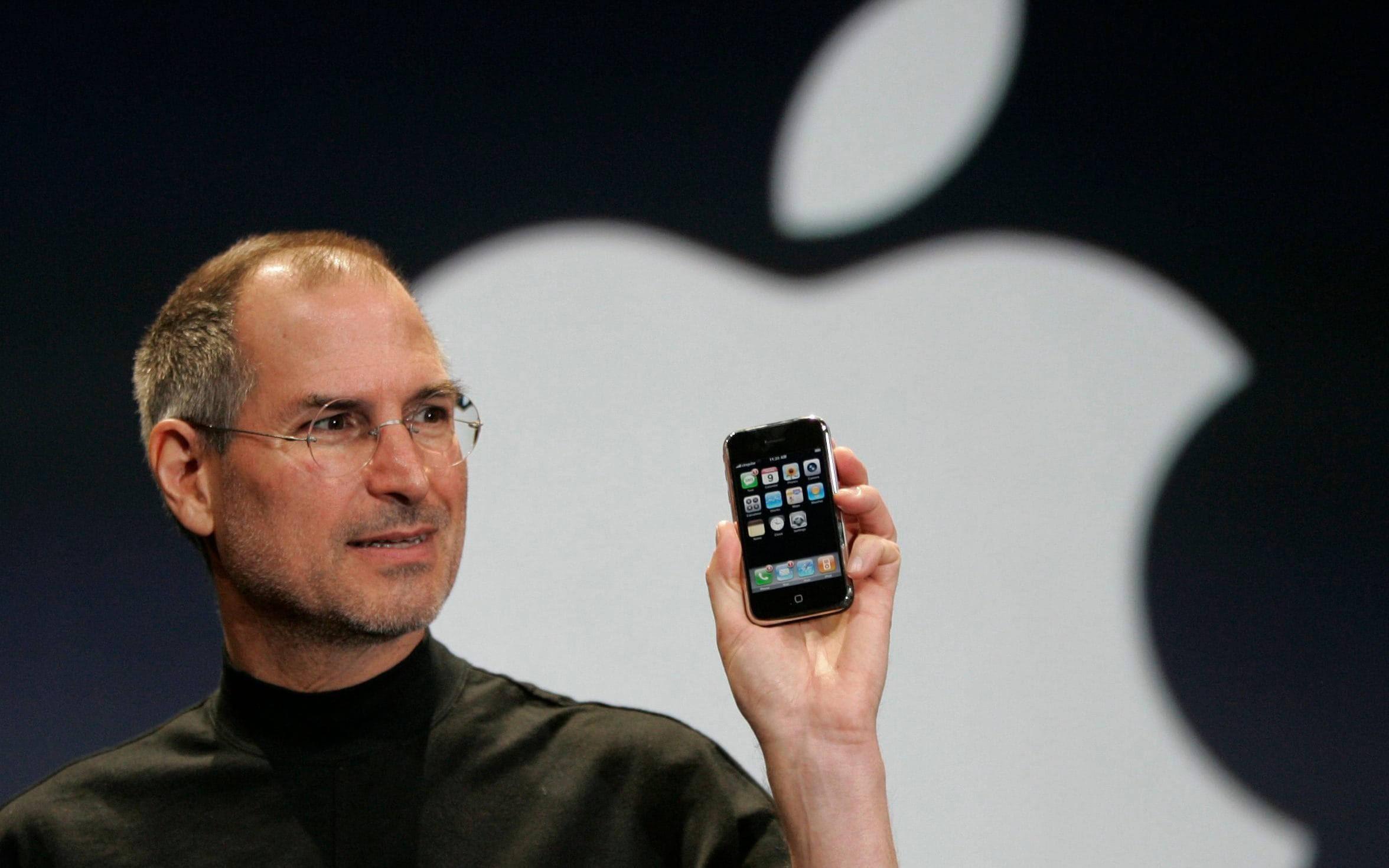Little did we know that when Steve Jobs announced in 2007 that Apple had “reinvented the phone” and dubbed it the iPhone, he wasn’t just selling more of the usual marketing bluster that tech firms are renowned for. Instead, he was being prescient. The iPhone did alter the course of history in several ways, and its effects extended beyond the sphere of personal technology.

The iPhone has served as the gold standard for smartphones for the past 15 years. Because of this, every new flagship phone for years proclaimed itself to be a “iPhone killer,” even though in retrospect, none could defeat the “Jesus phone.”
Beyond communication needs: One of the functions of the iPhone was to make voice calls or send messages. It wasn’t the main issue that this phone was attempting to address. This meant that, in addition to basic communication requirements, there were a lot more reasons to pick up the phone.
Multiple Uses: The iPhone has a wide range of capabilities. Your music player, camera, calendar, notebook, and more were all included. The iPhone’s global success has contributed to the demise of several other devices, including digital diaries, portable music players, point-and-shoot cameras, and portable music players.
No physical keyboards: Consumers were unaware that a phone without physical keys existed in 2007. Many referred to the iPhone as having an Achilles heel when it first came out. But the touch screen has weathered the test of time and shown to be a better input for the phone. A well-known company like BlackBerry, which marketed its keypad as its USP, is no longer in existence.
The App Store: One app at a time, Apple was altering the world in 2008 when it introduced its App Store with 500 apps. This software revolution has strengthened the global economy and provided numerous startups the platform to succeed fourteen years and millions of apps later. Without the App Store, companies like Uber, Evernote, and Angry Birds would not have achieved their level of success.
Replicating the Computer: The iPhone never lived up to its moniker. All along, it had been a smartphone that was actually a computer. Millions of individuals use their phones as their primary or only computing device today. If the iPhone hadn’t packed so much processing power and adaptability into people’s hands, this shift in perspective would not have been feasible.

